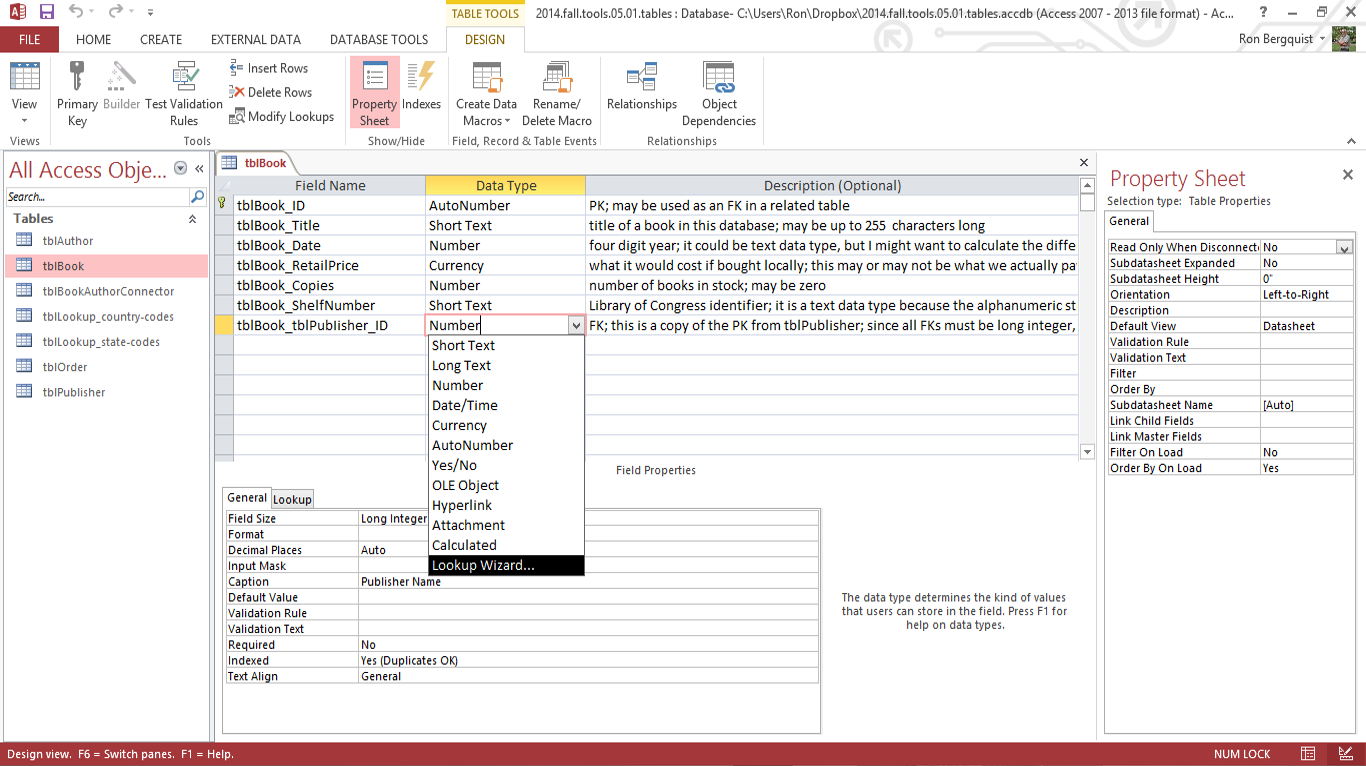The Truth about Real Estate Agent Commissions
The Truth About Commission Fees for Real Estate Agents
What Are Real Estate Agent Commission Fees?
Real estate commission fees are payments made by a seller to their real estate agent to facilitate the sale. These fees are usually a percentage of final selling price and are usually negotiated by the seller and agent before the property goes on the market.
Real estate commission fees vary depending on many factors. These include location, experience, and market conditions. In general, commission fees range from 5% to 6% of the final sale price, although some agents may charge more or less depending on the circumstances.
It’s important that sellers know that the commissions for real estate agents will typically be split between the buyer’s agent and seller’s agent. This means that, if the total fee is 6% the seller’s representative may receive 3% while the buyer’s representative may receive the same amount.
When a seller considers hiring a real-estate agent, he or she should inquire about the commission structure of the agent and how the commission will be split between the agent for the seller and the agent for the buyer. It is also important to discuss additional fees that could be associated with selling the property, like marketing costs or administrative charges.
Real estate agent fees are an integral part of the process of selling a home. By understanding how these fees work and being clear about expectations upfront, sellers can ensure a smooth and successful sale of their property.
How Are Real Estate Agent Commission Fees Calculated?
1. Real estate agent commissions are usually calculated based on a percentage based on the final selling value of a property. This percentage can differ depending on the housing industry, location and any specific agreement made between the seller and agent.
2. The standard commission rate for real estate agents in the United States is around 5-6% of the sale price. This commission is split between the buyer’s and seller’s agents, with each receiving their own portion of the total.
3. In some instances, Real estate agents in jamaica the seller can negotiate a lower percentage of commission with their agent. This is especially true if the property will be sold quickly or if another factor is involved.
4. Real estate agents do not get paid a salary or an hourly wage. They work on a strictly commission basis. They earn their income solely from the commissions they receive from successful property sales.
5. Commission fees are paid upon the official transfer of property, or at the close of the sale. The commission will be deducted from proceeds of the sale prior to the seller receiving their net profit.
6. It is vital that sellers review and understand all the terms of their contract with their real estate agent. This includes how commission fees will be calculated and when these fees will be due.
7. Some agents may also charge additional fees for marketing expenses, professional photography, or other services related to selling the property. These fees should also be included in any agreement and agreed on by both parties.
8. Before making a purchase, it is a wise idea for the seller to interview several agents. Comparing the commission rates, service levels and experience of agents will allow sellers to make an informed decision.
9. Real estate commission fees are a large expense for sellers. Working with an experienced and knowledgeable real estate agent can result in both a quicker and higher sale price. The commission paid to the real estate agent is often seen as an investment in achieving the best possible outcome when selling the property.
Are Real Estate Agent Commission Fees Negotiable?
1. Real estate agent commission fees are typically negotiable.
2. Most real estate agents charge commissions based on a percent of the sale price of the property.
3. The standard commission rate for a sale is around 6%. 3% of that goes to listing agents and 3% to buyer’s agents.
4. However, these rates can vary depending upon the market, specific property and the negotiation skills between the parties.
5. It is to discuss commission rates with their agent before signing a listing agreement.
6. Sellers should feel
comfortable negotiating
To ensure that they get the best value for money, agents should discuss the commission rate.
7. Some agents may be willing to lower their commission rate in order to secure a listing or if they believe the property will sell quickly.
8. It is not uncommon for agents to offer reduced commission rates on high-end property or repeat customers.
9. You may be able negotiate with your agent the commission rate, especially if you’re buying a more expensive property.
10. The commission rate is negotiable, and sellers and purchasers should feel free to discuss and reach an agreement with their agents.
Do sellers always pay commission?
When it comes to real estate transactions, the question of who pays the commission is a common one. In most cases the seller pays the commission to the buyer’s representative and their listing agent. This is usually stated in the listing agreement between the seller and agent.
In some cases, the buyer pays the commission in full or in part. This can happen when the seller agrees on a “net listing,” in which the seller sets the amount they wish to receive from a sale and any amount above that amount goes towards the commission.
Another scenario where the buyer may pay the commission is if they choose to work with a buyer’s agent who does not receive a commission from the seller’s agent. In this scenario, the buyer will need to negotiate the payment of the commission with their agent.
Both buyers and sellers should be aware of the commission structure in their real estate transactions. This can help prevent any confusion or misunderstandings down the line. The seller is responsible for paying commissions, but the buyer can also be involved in certain situations.
What are the alternatives to traditional Commission Structures?
There are alternatives to the traditional commission structure in the real estate sector. These alternatives include:
1. Flat fee commissions: Some real-estate agents charge a fixed fee instead of charging as a percentage of a sale price. This can be more cost-effective for sellers, particularly if the sale is high.
2. Hourly rate: Some real estate agents charge by the hour for their services. This can be an option for sellers who are looking for a more transparent price structure and willing to pay the agent for their time and expertise.
3. Performance-based model: This model ties the realty agent’s commission to specific performance metrics. Examples include selling a property within a given timeframe or achieving an agreed upon sale price. This can lead to a win-win situation as it motivates an agent to work hard and achieve the desired outcomes.
4. Tiered Commission: Some agents offer tiers of commissions where the percentage decreases in proportion to the sale price. This can be an option for those who have higher-priced homes and want to reduce their commission fees.
5. Sellers are also able to negotiate the commission with their agent. This is a flexible solution that allows both parties the opportunity to reach an agreement.
In the real estate industry, there are many alternatives available to the traditional commission structures. These options should be explored by sellers and they should choose the option that best suits their needs.
























